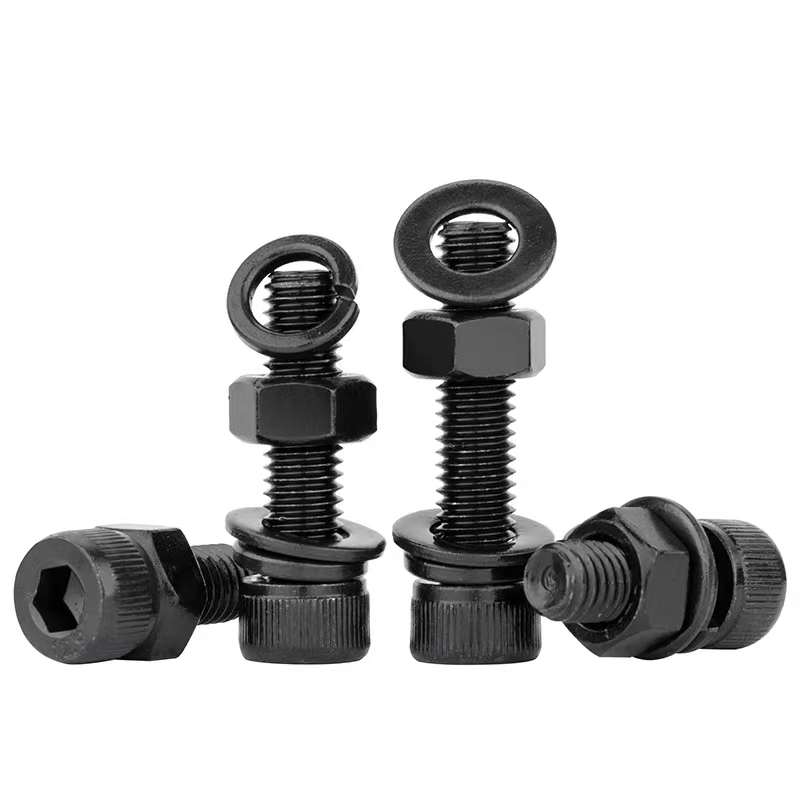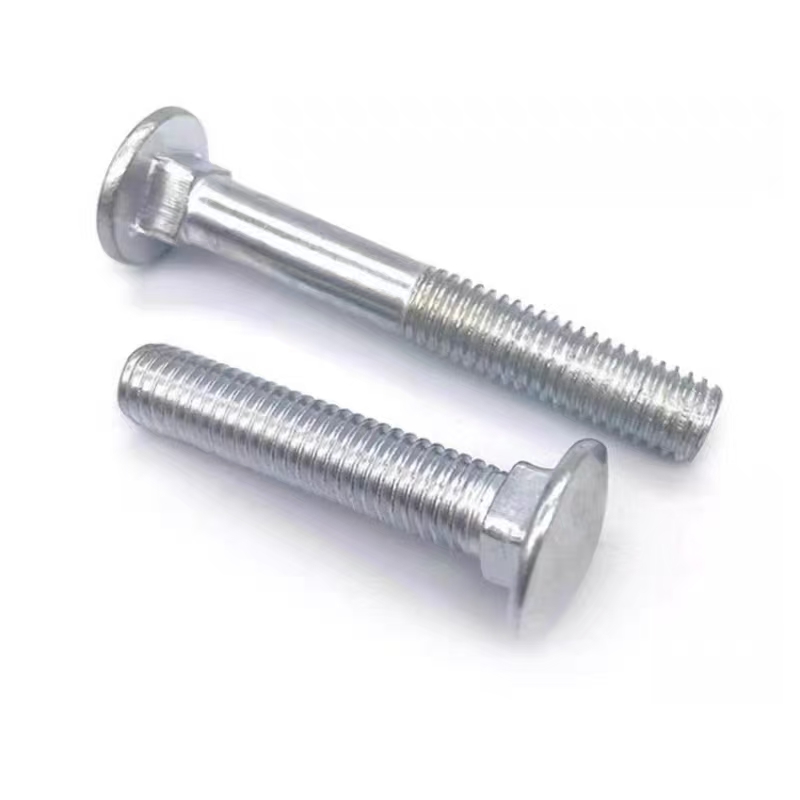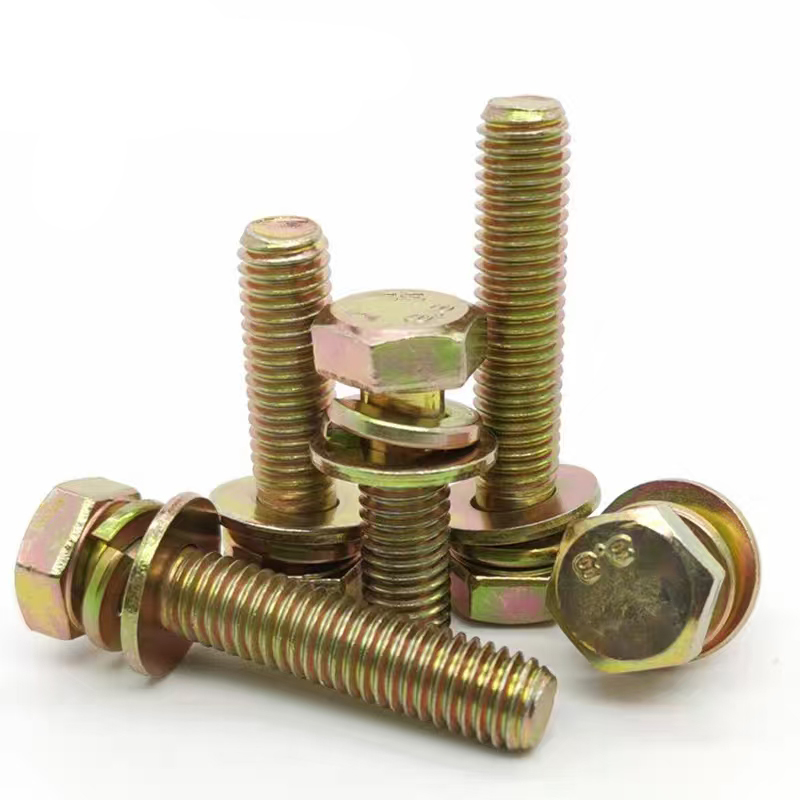- Chinese
- French
- German
- Portuguese
- Spanish
- Russian
- Japanese
- Korean
- Arabic
- Irish
- Greek
- Turkish
- Italian
- Danish
- Romanian
- Indonesian
- Czech
- Afrikaans
- Swedish
- Polish
- Basque
- Catalan
- Esperanto
- Hindi
- Lao
- Albanian
- Amharic
- Armenian
- Azerbaijani
- Belarusian
- Bengali
- Bosnian
- Bulgarian
- Cebuano
- Chichewa
- Corsican
- Croatian
- Dutch
- Estonian
- Filipino
- Finnish
- Frisian
- Galician
- Georgian
- Gujarati
- Haitian
- Hausa
- Hawaiian
- Hebrew
- Hmong
- Hungarian
- Icelandic
- Igbo
- Javanese
- Kannada
- Kazakh
- Khmer
- Kurdish
- Kyrgyz
- Latin
- Latvian
- Lithuanian
- Luxembou..
- Macedonian
- Malagasy
- Malay
- Malayalam
- Maltese
- Maori
- Marathi
- Mongolian
- Burmese
- Nepali
- Norwegian
- Pashto
- Persian
- Punjabi
- Serbian
- Sesotho
- Sinhala
- Slovak
- Slovenian
- Somali
- Samoan
- Scots Gaelic
- Shona
- Sindhi
- Sundanese
- Swahili
- Tajik
- Tamil
- Telugu
- Thai
- Ukrainian
- Urdu
- Uzbek
- Vietnamese
- Welsh
- Xhosa
- Yiddish
- Yoruba
- Zulu
- Kinyarwanda
- Tatar
- Oriya
- Turkmen
- Uyghur

Lock bolts
Understanding Lock Bolts: A Practical Insight
Lock bolts often get overlooked in discussions about fasteners, yet they're essential for many high-stress applications. Their main advantage? Providing a vibration-proof, reliable fastening solution where traditional nuts and bolts might fail. In industries like construction and transportation, they’re indispensable.
Getting to Know Lock Bolts
In simple terms, lock bolts are a type of fastener that combines a bolt and a collar. They’re often used where vibration or dynamic loads are a concern. I remember the first time I encountered them—it was during a project that involved heavy-duty structural steel work. The regular bolts kept loosening, and that’s when a seasoned colleague suggested swapping them for lock bolts.
The efficiency with which they work is something to appreciate. Instead of threads, lock bolts use a unique collar that gets deformed onto the bolt, securing it tightly. This makes them more robust against loosening over time, even under significant stress.
A critical factor is the installation process. It can be a bit different than standard bolts. You need specific tools, and the technique is a bit finicky if you're doing it for the first time, but the outcome usually justifies the effort. Once properly installed, the connection is rock solid.
Applications in Industries
From my observations, the transport industry relies heavily on lock bolts, particularly in assembling trains and buses. Their resistance to vibration makes them perfect for these applications. I remember a case where a client from a bus manufacturing company was facing persistent issues with bolt loosening. Switching to lock bolts solved their problem almost overnight.
Construction is another field where lock bolts shine. With skyscrapers and bridges, safety is non-negotiable, and lock bolts provide that assurance. The environment they operate in often subjects fasteners to various stressors, and standard solutions just don't hold up the same way.
Moreover, the aerospace sector finds lock bolts invaluable. Given the significant forces at play, every component needs a steadfast fastening solution. Tampering with standards can result in catastrophic failures; thus, lock bolts are a go-to solution for many engineers.
Handling Installation Challenges
Now, installation isn’t always straightforward. You need the right equipment and often a bit of patience. The initial thought might be, Why bother when I can use a regular bolt? But that thinking misses the point. It's about longevity and reliability.
There was a time when a rushed install led to a loose fitting. We learned that the collar didn’t deform correctly. Lesson learned: rushing isn’t an option. You must follow the procedure to the letter.
Investing in proper tools is beneficial. The application-specific tools ensure the lock bolt is installed correctly, minimizing any potential for failure. An initial investment that pays off significantly in avoiding future rework or more severe structural failures.
Trustworthy Manufacturers
Choosing the right supplier for lock bolts is crucial. Handan Zitai Fastener Manufacturing Co., Ltd., located in the Yongnian District, Handan City, Hebei Province, is a name many professionals trust. They benefit from being near major transportation routes like the Beijing-Guangzhou Railway, ensuring timely delivery. You can check their offerings at Zitai Fasteners.
Quality matters more than you'd think. A colleague once procured cheaper options from an unreliable source, leading to early wear and replacement costs that overshadowed any initial savings.
This experience underscores the importance of choosing reputable suppliers. Companies like Zitai Fasteners bring experience and reliability, providing products that perform under the specified conditions.
Lessons from the Field
Engaging with lock bolts has taught me that while they may seem an extra hassle, they’re worth their weight. When done correctly, installations last longer, perform better, and save time in the long run.
Moreover, ongoing education for installation teams is vital. An instance springs to mind when new team members needed training, and their skepticism turned into advocacy once they saw the benefits in practice.
In conclusion, lock bolts aren't just an alternative; they're a necessity in many scenarios. For those working in fields where vibration and dynamic loads are daily challenges, understanding and using lock bolts can mean the difference between persistent headaches and smooth operational continuity.
Related products
Related products
Best selling products
Best selling products-
 Hot-dip galvanized hexagonal bolts
Hot-dip galvanized hexagonal bolts -
 Black zinc plated hinge bolts
Black zinc plated hinge bolts -
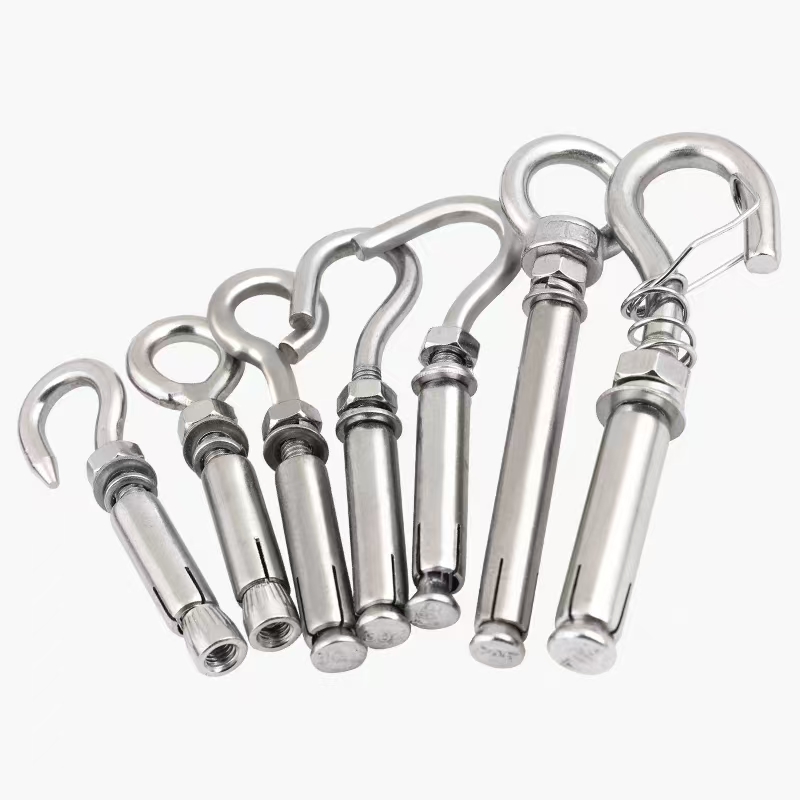 Electro-galvanized expansion hook
Electro-galvanized expansion hook -
 Electrogalvanized cross countersunk drill thread
Electrogalvanized cross countersunk drill thread -
 10.9S large hexagon bolts
10.9S large hexagon bolts -
 Umbrella handle anchor (J-type anchor bolt/umbrella handle embedded bolt)
Umbrella handle anchor (J-type anchor bolt/umbrella handle embedded bolt) -
 Electroplated zinc flange bolts
Electroplated zinc flange bolts -
 Black zinc plated hexagonal bolts
Black zinc plated hexagonal bolts -
 Electrogalvanized nuts
Electrogalvanized nuts -
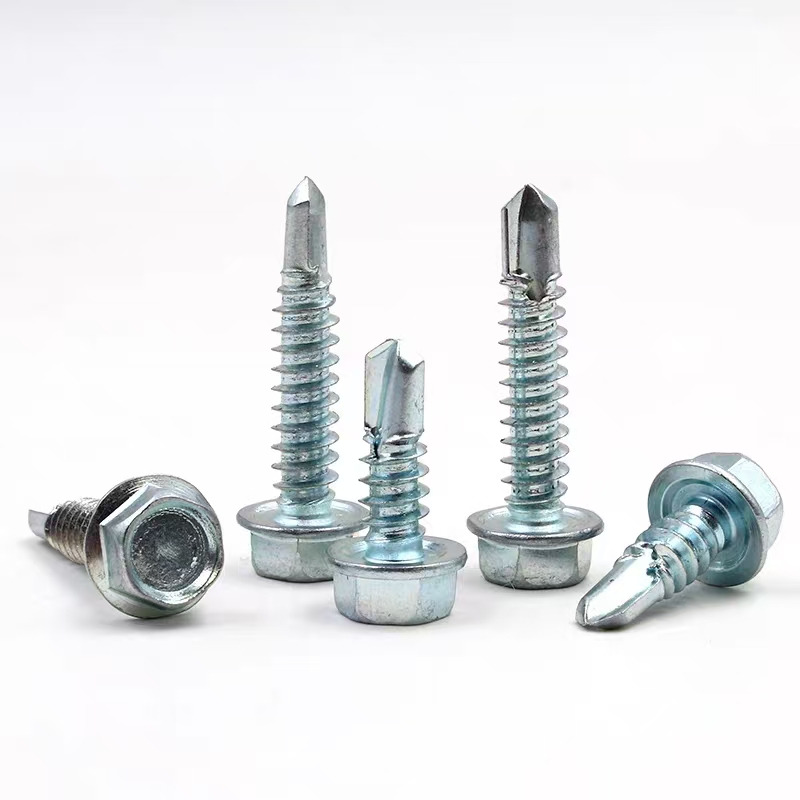 Electro-galvanized hexagonal drill thread
Electro-galvanized hexagonal drill thread -
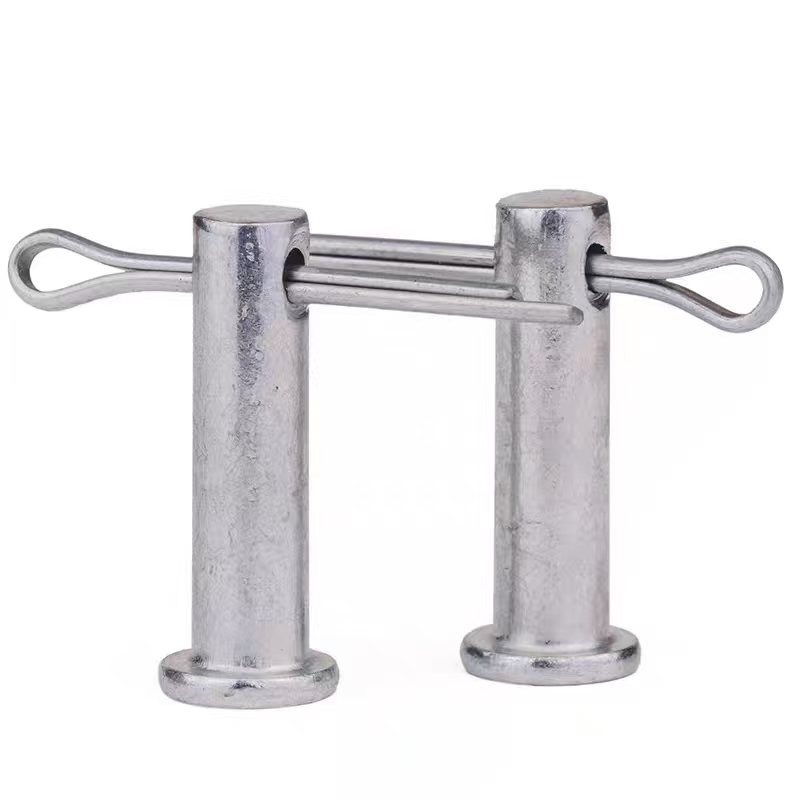 Electrogalvanized pins
Electrogalvanized pins -
 Electrogalvanized chemical bolts
Electrogalvanized chemical bolts


